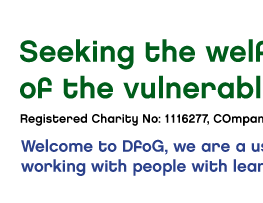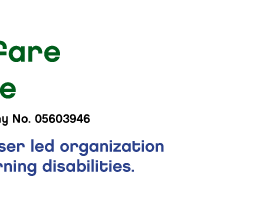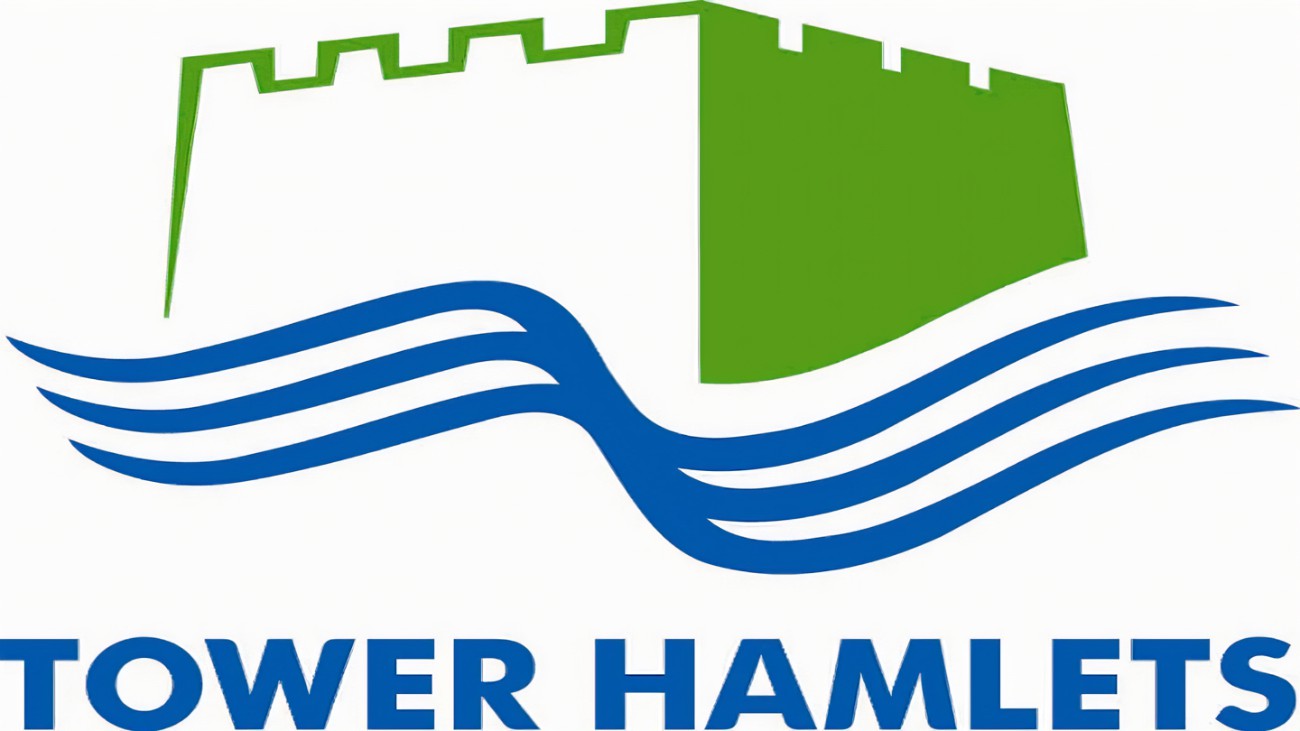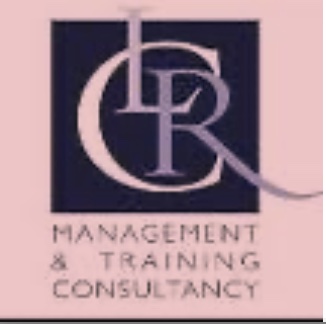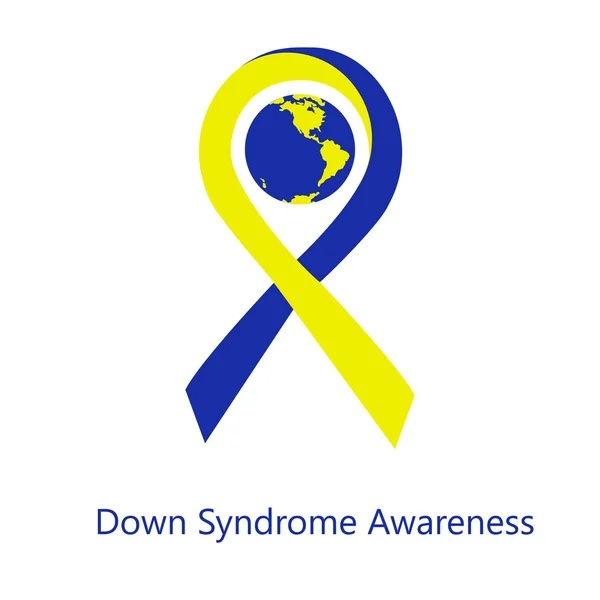| |
"Human beings by changing the inner attitudes of their minds can change the outer aspects of their lives."
William James
The thought of every struggle comes to one person who gathers others to make their dream a reality. This is exactly what happened with the setting up of this charity. In 2005 parents of a child with learning disabilities decided they wanted to raise awareness of learning disability in Ghana. Stigmatization and discrimination, blending in with a superstitious society have caused people with learning disabilities and their carers more stress than anything else. Lack of awareness and support have damaged and greatly stressed carers who are themselves poor and often ostracized by family members, spouses and whole communities in majority of cases.
There is little respite in life in a society where the misfortune of being a parent/guardian of someone with learning disability is a life-time sentence of sufferings and hardships. However this is what is happening in Africa and indeed Ghana. It is commonplace to hear Down syndrome sufferers being referred to as "river children", and sufferers of cerebral palsy as "vulture children".
Ghana is going through a similar phase as England in Victoria times - a period which saw the industrial revolution engineering mass migration from the villages to the cities.
The way communities lived was affected - there were radical changes and the situation became desperate for those who could not fend for themselves due to old age and infirmity. The weak and disabled in Victorian Britain were seen as village idiots and dangerous. However, the Poor law act in 1834, and the introduction of Asylums and institutions to house those described as "mad" or "feeble minded" was a genuine attempt to improve the conditions of these people.
They were later referred to as "mentally handicapped people" - a term still ascribed to by the public in Ghana; this should be a thing of the past. The advancement in scientific research in modern times has given society an insight to these ailments, and there is now clear understanding of causes of most diseases and conditions. People with Learning disabilities are now described as precisely that and their needs are special.
If Ghana is vastly verging on the status of an industrialized nation, there should be some attempts by the state to improve the general conditions of people with learning disabilities. The state should now be more sympathetic and ensure their needs are met. They still remain segregated and isolated, while some are locked up in garages and dark corners of peoples' homes.
One could be forgiven for wondering if it was abject stupidity, ignorance, lack of Godliness and education, or sheer wickedness that propel some of us Ghanaians to perceive learning disabilities as a curse from God, and thus subject the victims to such heinous treatment.
As a child growing up in my parents' village at Sampson Panpanso near Nsawam in the Eastern Region of Ghana, people with learning disabilities were treated not with much respect. I can now understand why it was so.
As time has progressed, it is easy to assume that people's concepts, beliefs, ideology and views have probably changed by extensive travels and education, and that the notion of learning disabilities being sub normal and non human (witches), and all the non-complimentary stereotypes associated with them has since been banished. However, the opposite is unfortunately the truth for victims, their carers and family members, and have been adversely affected by the obnoxious way society still treats them.
I was very appalled and heartbroken when I visited Ghana for the first time in 1997. I witnessed the plight of these people and felt something needed to be done soonest. What I found was that there were a lot of nongovernmental organizations (NGOs) in Ghana with kind hearts and spirited to provide and improve the living conditions of certain less privileged sectors of the country. But these organizations were rather concentrated on people with mobility and sensory problems, with absolutely nothing there for people with learning disability.
The speculation and societal superstition was damaging and causing a lot of stress for carers who are already ostracized by friends and family members and abandoned by husbands. It was common place to hear such false notions as "take no notice of that person, she/he is a water baby" - as often someone with down's syndrome was referred. Or "look at that child over there, she is a product of a vulture" - a term often ascribed to those who suffered cerebral palsy.
Perhaps, we continue having those superstitious beliefs just like how we were when medical science was less evident in Africa, and someone with cerebral palsy seemed strange and their closest association was with vultures.
|
|

